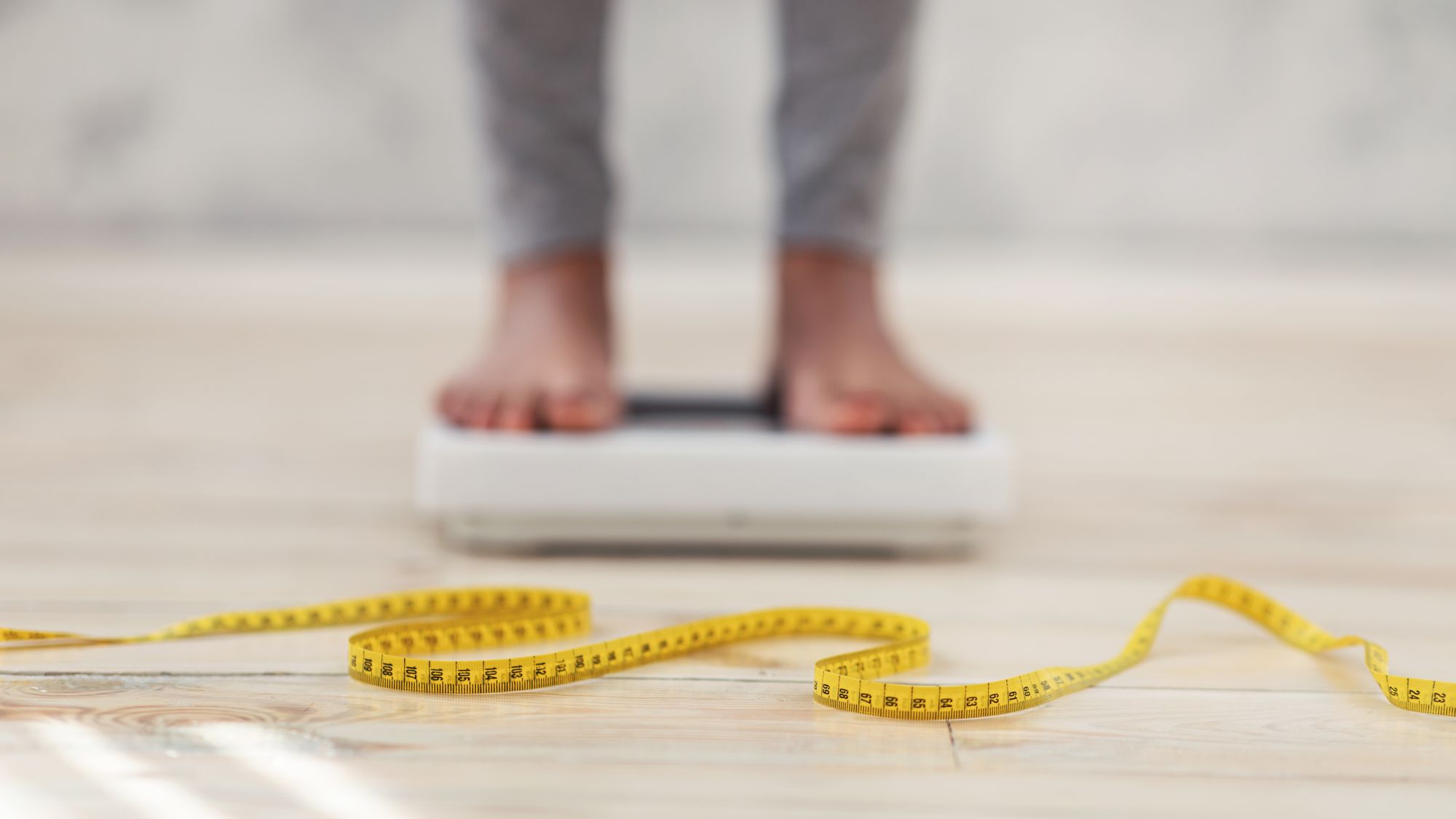Can You Gain Weight by Slowing Down Your Metabolism?
Being underweight, when your weight is lower than what is considered healthy for your height, can be a sign of a serious health problem.

Although being thin is generally healthy, being underweight may be a problem if it is due to malnutrition or any other chronic diseases. Being underweight can cause health problems, for example:
- Nutritional deficiencies
- Weakened immune system
- Fertility problems
- Delays in development
What is Metabolism?
Metabolism is the process by which your body converts what you eat and drink into energy. During this complex process, calories in food and beverages are combined with oxygen to release the energy your body needs to function. Metabolism is partly genetic and largely outside of one's control.
Normally in the state of being free from the disease, there are several factors that determine your personal basal metabolism, including:
- Body size and composition. People who are larger or have more muscle burn more calories, even at rest.
- Gender. Men usually have less body fat and more muscle than do women of the same age and weight, which means men burn more calories.
- Age. As you get older, the amount of muscle tends to decrease and fat accounts for more of your weight, slowing down calorie burning.
So can you gain weight by slowing down metabolism? The answer is NO!

How Can You Gain Weight?
Some healthy ways you should try to gain weight when you're underweight:
- Eat more frequently. When you are underweight, you may feel full faster. Try to eat five to six small meals during the day instead of two or three large meals.
- Choose nutritious foods. As part of an overall healthy diet, choose whole-wheat bread, pasta, and grains; fruits and vegetables; dairy products; refined protein sources; and nuts and seeds.
- Watch when you drink. Some people find that drinking water before meals can affect appetite. In this case, it is best to drink high-calorie beverages with meals or snacks. For others, drinking 30 minutes after a meal, rather than drinking together, may work.
- Top it off. Add extra foods to your dishes to get more calories-such as cheese in casseroles and scrambled eggs, and powdered skim milk in soups and stews.
- Exercise. Exercise, especially strength training, can help you gain weight by building muscles. Exercise can also stimulate your appetite.
Don’t forget to seek medical advice when necessary.

Living It Up Anywhere
The idea of living your best life can be done anywhere, at any time, and all it really takes is a mindset shift. Take it one core lifestyle habit at a time, whether that is eating healthy and less, daily exercise, quitting bad habits, getting a routine checkup, or being positive. Take a chance today to Live It Up!

